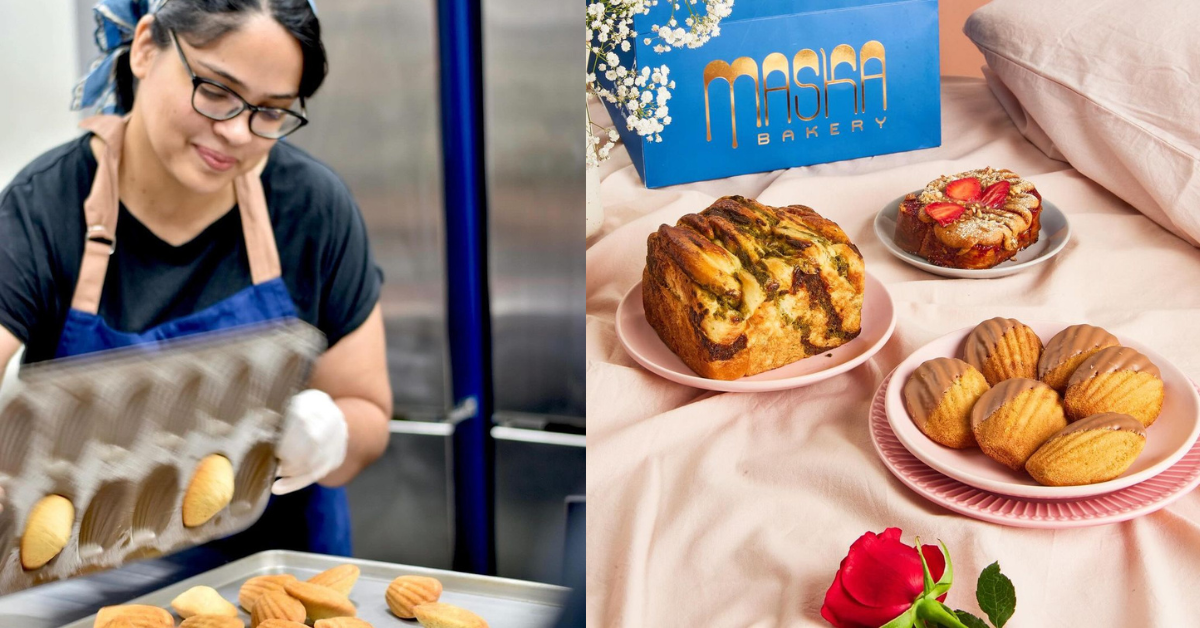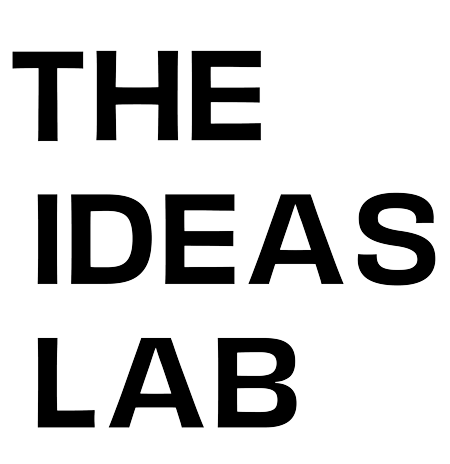
“Would you like a cookie with your coffee?” asks Chef Heena Punwani. She places a small plate with a paper doily on which the Nutty Nankhatai rests and asks, “Can you guess what’s in it?” My brain thought chocolate chip but as a food writer, I was confident that wouldn’t be it. I looked at chef Punwani and said, “Something to do with raisins?” “It’s black jaggery!” she proclaims.
“We caramelise the black jaggery,” she says explaining how the idea came to her because her grandmother would make Nankhatai. You will find all the traditional elements of a Nankhtai in Maska’s version too but chef Punwani’s spin includes orange zest, and of course, the black jaggery.
View this post on Instagram
As I speak to chef Punwani, it’s obvious that she loves Mumbai and has many memories of baked goods. To be honest, I can relate to most of them. But first, why Maska Bakery?
Chef Punwani tells me she studied software engineering but eventually found her way into the kitchen. While living abroad and travelling across India for many years, bakeries were always her comfort. The aromas from the oven, to her, felt familiar and comforting no matter which part of the world she was in. “You can’t really be sad when you’re having a cup of coffee and a slice of cake, right?”
Dreaming over a slice of cake
As is every pastry chef’s dream, chef Punwani too wanted her bakery. Ever since she first switched her career to that of a pastry chef, she says she thought, “If I want to use my skill and talent for something then I want to create something that becomes a part of other people’s lives. And, I think that’s the same way that these bakeries became a part of my life.”
She admits that when she was younger, she always thought of opening a French patisserie someday. It was only after she grew up and her ideas evolved that the thought of a Mumbai-inspired bakery came to her. After all, chef Punwani is a complete “Bombay girl”. She says, “When I used to travel, for example, Paris used to have a lot of these bakeries that you would enter, and the patisserie, everything looked French. The techniques were French but you knew that the chef was Japanese just because of the ingredients that were used and the way the skills and the techniques were. So for me, the way I thought about it is that if I’m doing something then it should be completely Bombay.”
The name ‘Maska’ too is quintessentially Mumbai. Deriving from the Hindi slang for butter – a key ingredient in baking – while also being part of the city’s slang culture, ‘maska lagaana’. The word, chef Punwani says, seemed like it was right in front of her, and when she narrowed down on it, it was an ‘Aha!’ moment, of course.
View this post on Instagram
Making it Bambaiya
From naming her bakery to finding the right neighbourhood, you can see the love for Mumbai chef Punwani has in her bones. Maska Bakery sits on a leafy street in Mahim in an old industrial estate that’s surrounded by residences. “As I discovered Mahim more, I fell in love with it. It feels like this forgotten sort of neighbourhood because it still has those quiet lanes. It still has the trees outside. It still feels almost like old Bombay.”
Naturally, the menu has layers of Mumbai in it too. Whether it’s the Nutty Nanakhatai, an ode to the door-to-door cookie sellers who were common in Mumbai in the 90s; or the Mawa Madeline, an obvious spin on the mawa cake. “When we’re making Madelines, we’re using French techniques; when we’re making our layered cakes we’re using American techniques; when we’re making rose cookies or achappans we’re using Indian techniques. So we’re using techniques from all over but the ideas and the concepts are rooted in an urban contemporary space like Bombay,” she says. Chef Punwani says that the menu comprises all things Mumbai because the city is sort of like an amalgamation of all that is India in a contemporary form. As any true-blue Mumbaikar, she reminds me how everyone brings their own culture and food to the city and Mumbai simply makes it its own. “And that’s the thing that I wanted to do. Where we take all of these different inspirations but we make them our own and in a way that it makes sense to us.”
View this post on Instagram
She gives me an example, just as I am thinking about how eclairs and decadent cakes are attached to Mumbai. Talking about Bread Jam, which is one of the more popular orders from Maska, chef Punwani explains, “It is basically a French Bostock. So, a Bostock is… you have brioche you have almond frangipane and you bake it. For somebody who’s not travelled to France, they’re like, ‘oh what’s a Bostock?’. It has no emotional connection. So that’s why on our menu we call it Bread Jam. It’s also a little playful because you’re thinking, ‘oh Bread Jam! I don’t know what that’s going to be’, and then you get it and it’s delightful because it’s you were not expecting that.” She tells me it’s about taking all of these different references and making them relevant to a context that is familiar to Mumbai.
True-blue Mumbai
Through the course of my chat with chef Punwani, I realise that Maska Bakery is truly a Mumbai bakery. It’s in Mahim, a neighbourhood that once had, and still has, several old bakeries. Growing up in Shivaji Park, a few steps away from Mahim, I have several memories of waking up on Sunday mornings and walking to Crown Bakery with my father for fresh brun. Or buying a bag full of different biscuits from the man who would come to my door with an aluminium petti full of a variety of cookies.
It’s no surprise that several Mumbaikars o are ordering or picking up bakes from Maska Bakery regularly despite it opening doors only two months ago. What I love is that chef Punwani has undiscovered several Mumbai bakery experiences only to present them with her spin, and is paying an ode to the city.

